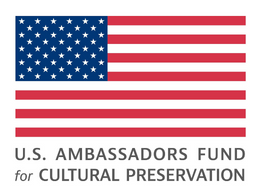Project Details
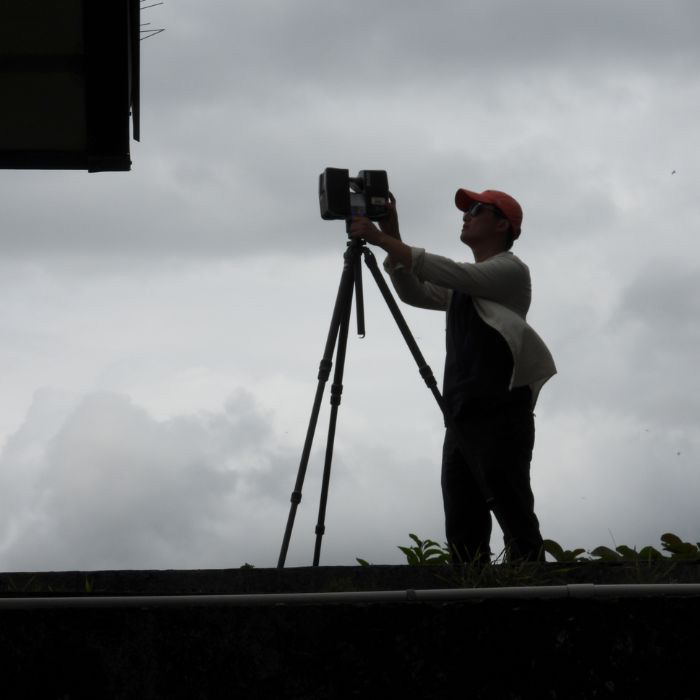
Sea Level Rise Vulnerability Assessment
The initial Assessment and Planning Phase of Resilient Heritage: Trinidad and Tobago, focuses on the documentation, conservation, and enhanced resilience of two heritage areas prioritized by the National Trust of Trinidad and Tobago (Trust): Downtown Port of Spain and Nelson Island. Working closely with the National Trust of Trinidad and Tobago, the University of Florida Historic Preservation (UFHP) will digitally document the downtown Port of Spain and Nelson Island sites, model coastal threats with a focus on flooding, undertake vulnerability assessments, and develop prioritized conservation and resilience strategies. The UFHP team will use terrestrial LiDAR (laser scanning) and other digital imaging techniques, such as drone imaging and 3D photogrammetry, to document the various cultural and natural resources that make up each heritage area.
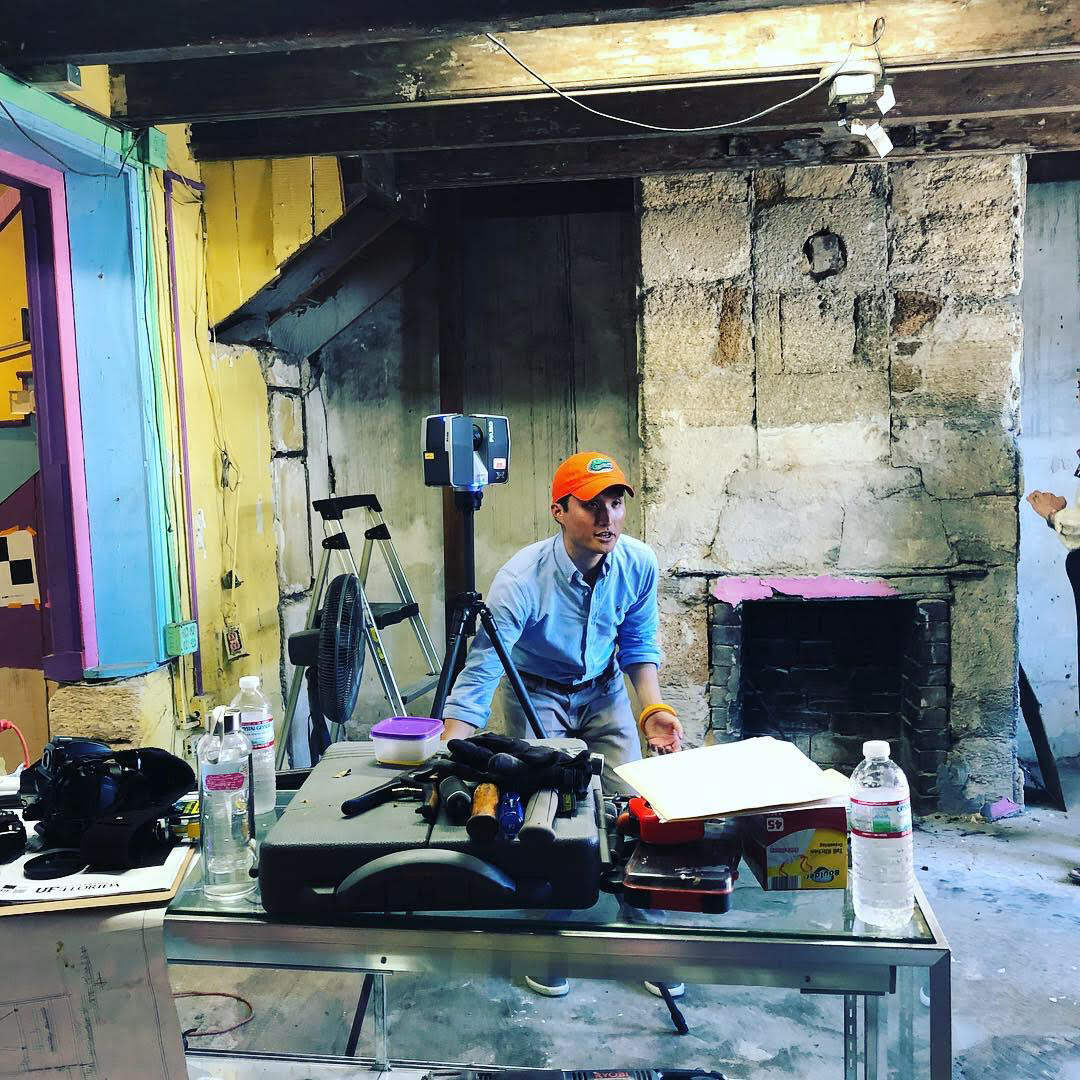
Heritage Resource Documentation and Modeling
Digital information gathered through laser scanning will be utilized to prepare black and white, AutoCAD drawings of relevant buildings, structures, and other resources. At Nelson Island, assessments of the existing conditions of the resources will be completed and a conservation management training workshop, including digital documentation strategies, will be conducted for Trust staff, University of West Indies faculty and students, and other interested parties. Working with local and regional agencies and organizations, the project team will identify flooding and sea level rise scenarios to model in three dimensions. Flooding visualizations of the two heritage sites will provide a better understanding of the hazardous impacts posed by sea level rise, storm surge, extreme precipitation, and coastal disasters on vulnerable heritage assets.
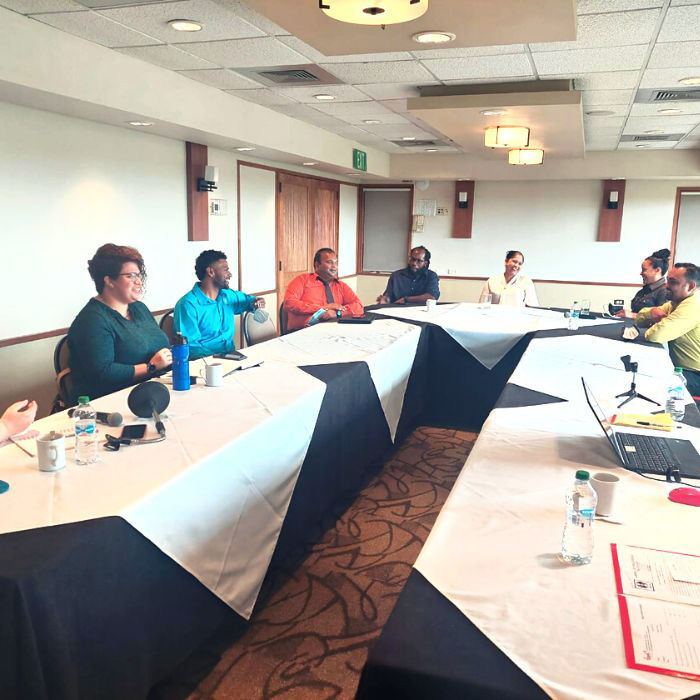
Community Values Assessment
Raising public awareness as to flooding threats to the cultural and natural resources of Trinidad and Tobago is one of the primary goals of Resilient Heritage: Trinidad and Tobago. This process starts with assessing the community’s interest in cultural and historic resources and their experiences with historic places. An online community values survey is shared with community decisionmakers, cultural heritage professionals, residents, business owners, and visitors to determine what places and experiences are valued most by the community. These heritage assets are then prioritized, and an appropriate adaptation strategy proposed to protect the resources historic or architectural integrity, while reducing disaster risk. In Trinidad and Tobago, the results of that community values assessment will be incorporated into a resilience plan for those prioritized heritage assets, including recommendations for adaptation and enhancing resilience. The Downtown Port of Spain heritage area plan will use an urban historic landscape methodology while the Nelson Island plan will represent a cultural landscape.
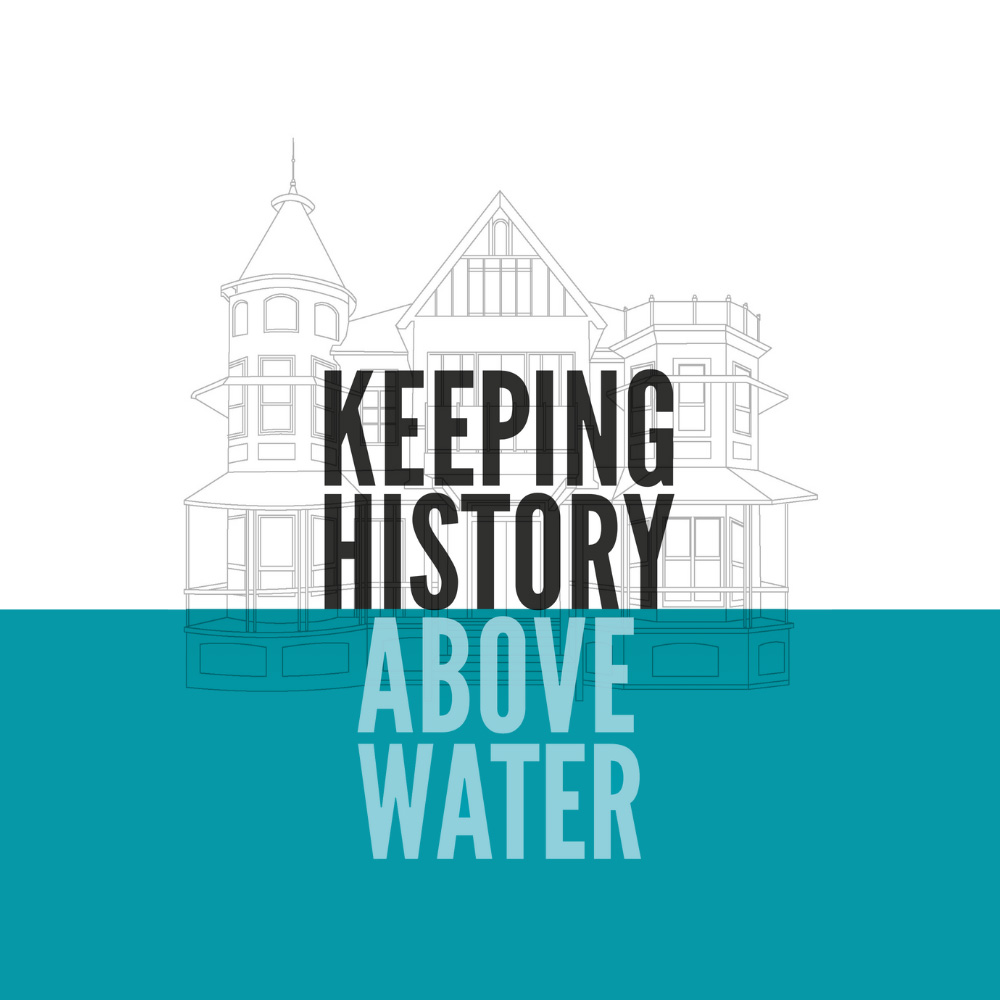
Keeping History Above Water: Trinidad and Tobago
Keeping History Above Water: Trinidad and Tobago (March 20-23, 2023) will explore the vulnerability of island communities, their people, and their built and natural heritage in the face of a changing and unpredictable climate and environment. International speakers will share strategies for climate adaptation with those attending this 3-day conference in Port of Spain and those participating internationally through live streaming courtesy of Tulane University. A hands-on workshop for scenario planning will follow for area residents and students.
© Resilient Heritage | Trinidad + Tobago. All rights reserved. A Project of the National Trust of Trinidad & Tobago. Funded by
